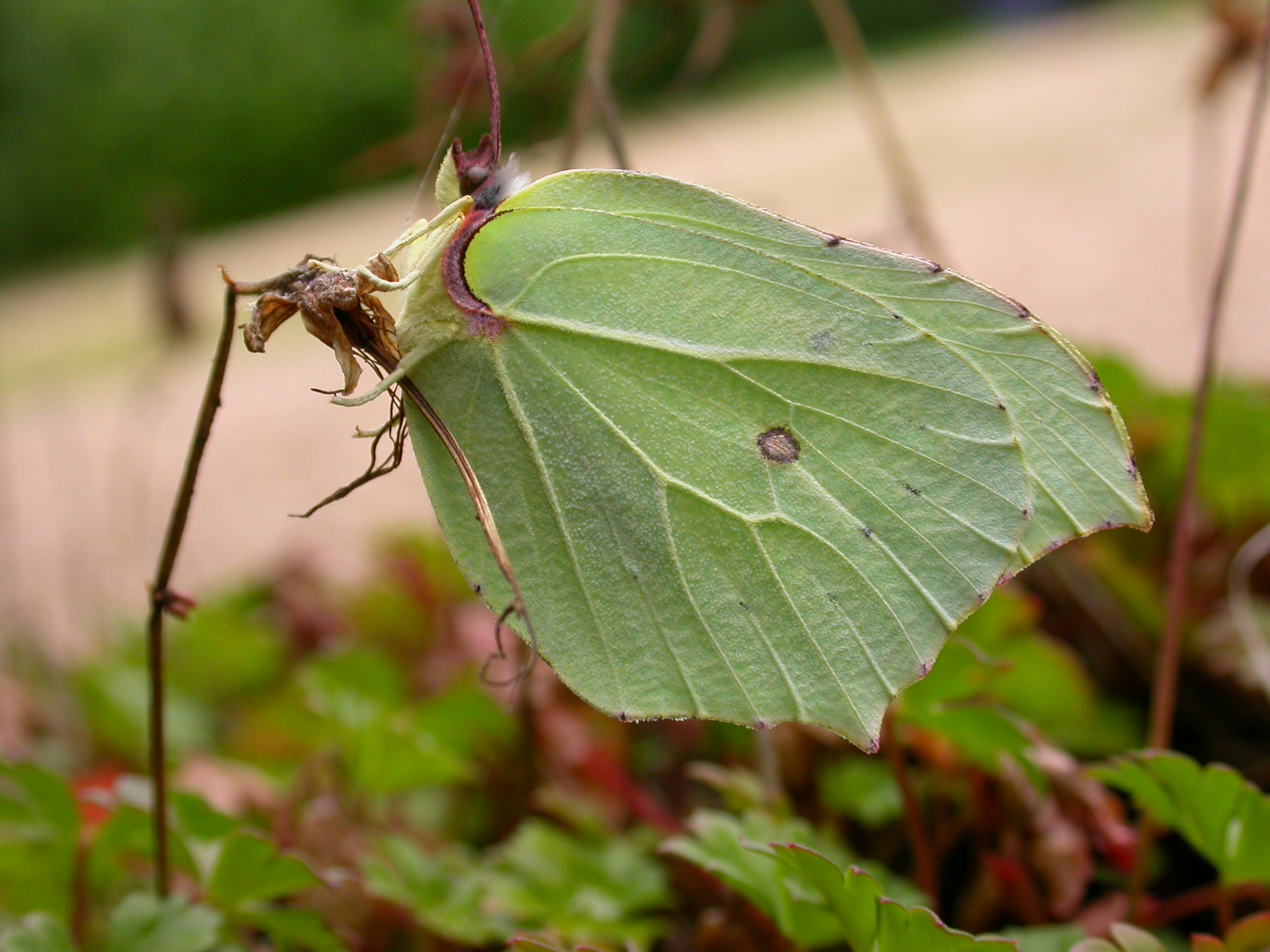Sickleholme Nature Notes
At the end of March the mix of snow and heavy rain saw the month announced as the wettest March since 1981. In truth, it had felt like that on most days and neither my clubs nor my camera saw much of the course at all. Indeed, wildlife reports were few but below are a few snippets which I hope will be of interest.
One of my own interests is phenology, the study of seasonal natural events, and progressively over recent years we have heard of migrant birds arriving earlier and flora breaking into flower well before traditional dates. This year, the phenomenon was reversed by northerly winds and cold ground conditions. At Sickleholme, there was no reports of incoming migrants during the month and no evidence of even flowering Dandelions until at least the 20th. Leaves did start appearing on more of the trees but otherwise, there was only Gorse and a few Daisies in flower.
There was no record of any butterflies until one of a “white” during a brief sunny spell on the 28th. That was thought to be a female Brimstone, which is easily the most probable identification. Whilst the males are a rich sulphurous yellow, the females are much paler and can be confused with species which fly a little later in the year. When settled, however, her leaf-like shape and greenish underwing leave no room for doubt. Needless to say, my photo image was taken a couple of years ago in much kinder conditions.
In the warmth of the clubhouse, one discussion was about separating the songs of Song Thrush and Mistle Thrush, both of which can be heard around the course. If the bird cannot be seen, then a little knowledge of birdsong does help. The Song Thrush repeats each short phase of notes three times (as if wishing to repeat itself) whilst the song of our Mistle Thrushes has a much wilder quality which can be heard quite clearly even on windy days. The latter explains its old English name of Stormcock.
In the absence of more material this month, I can’t resist passing on a piece of recently acquired knowledge which I thought was fun. A range of grasses are known as Goosegrasses and form the genus Aegilops. That splendid word is also the longest word in the English language where all of the letters fall in alphabetical order. What value you get from these monthly notes!
Bryan Barnacle


